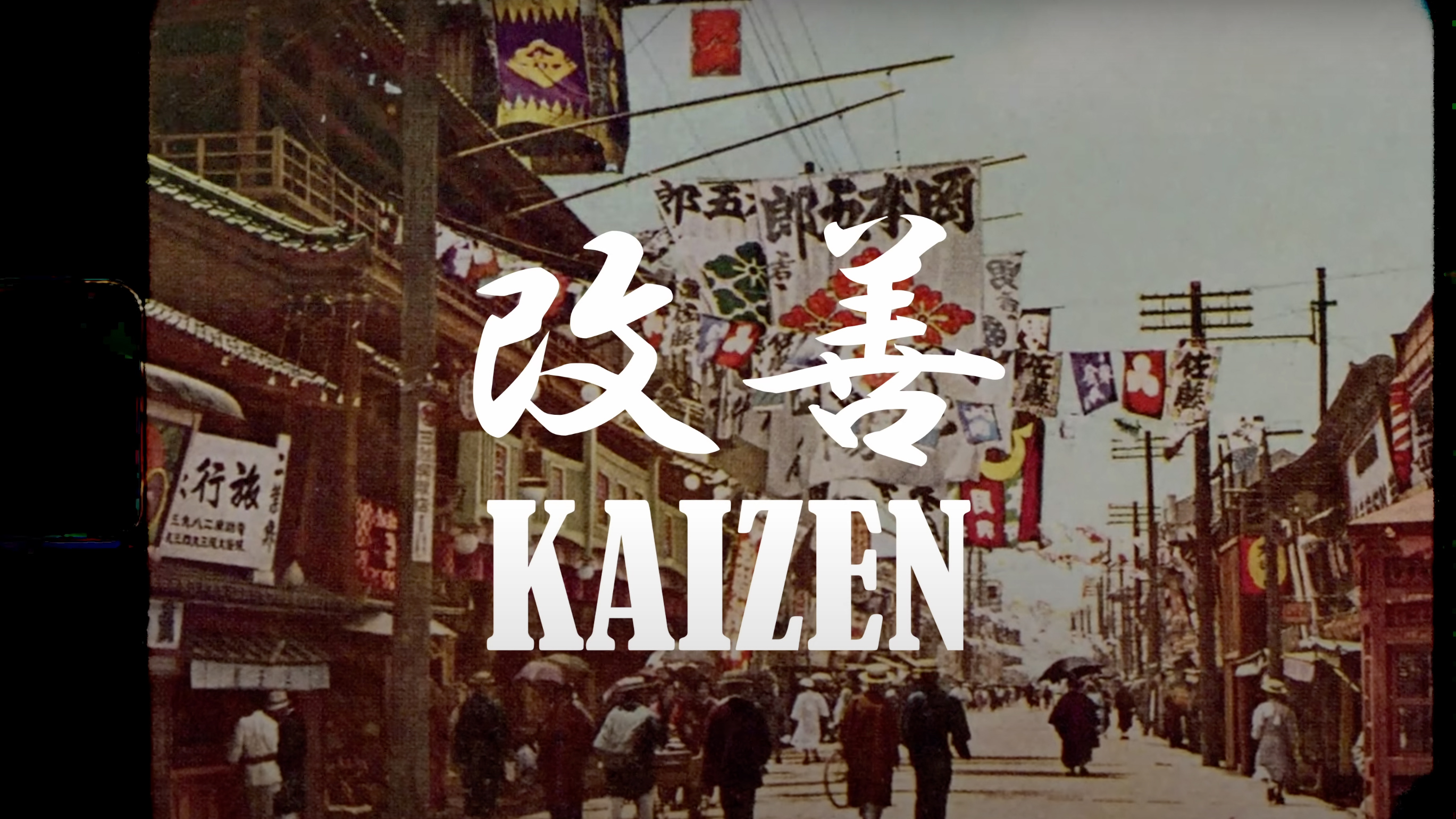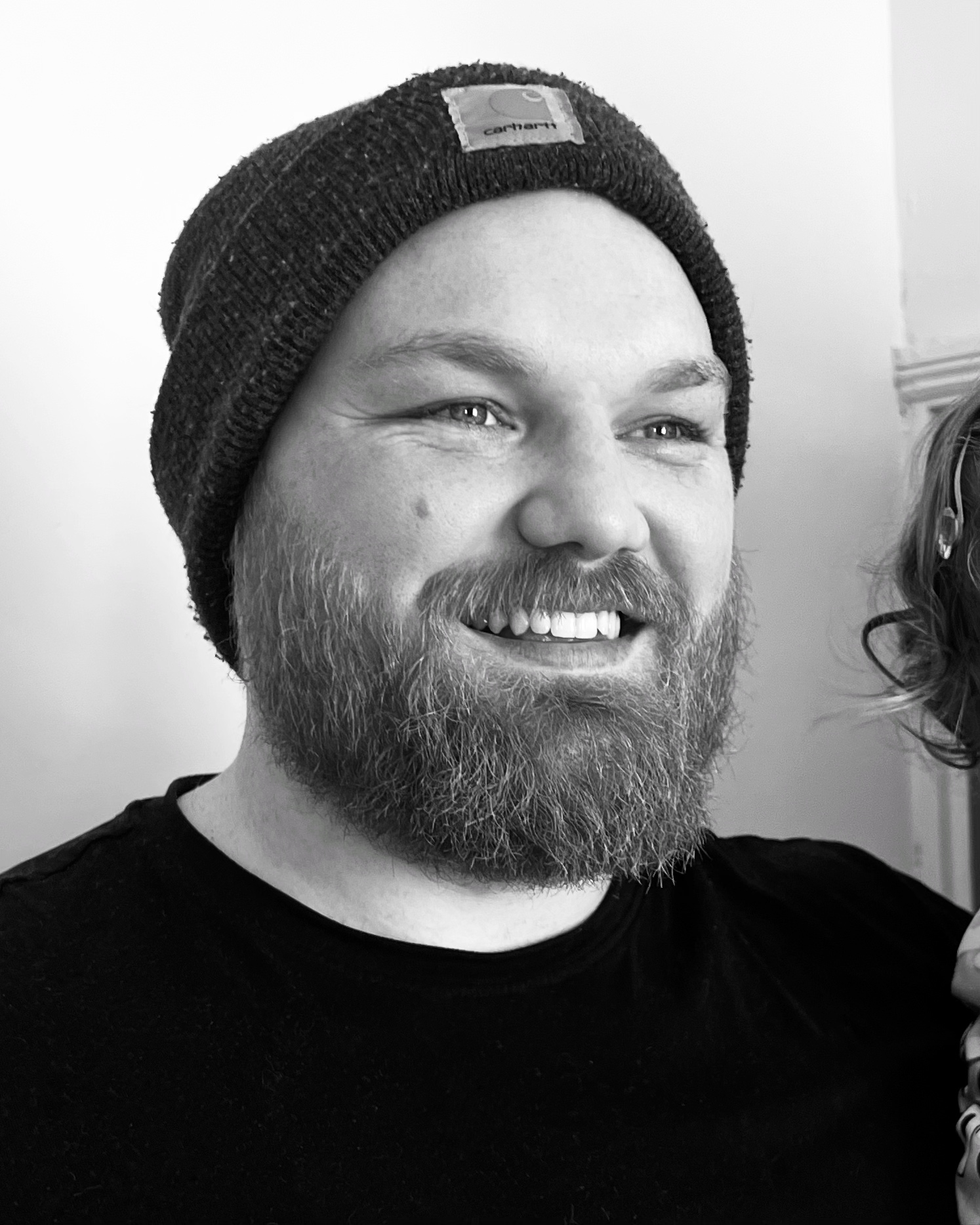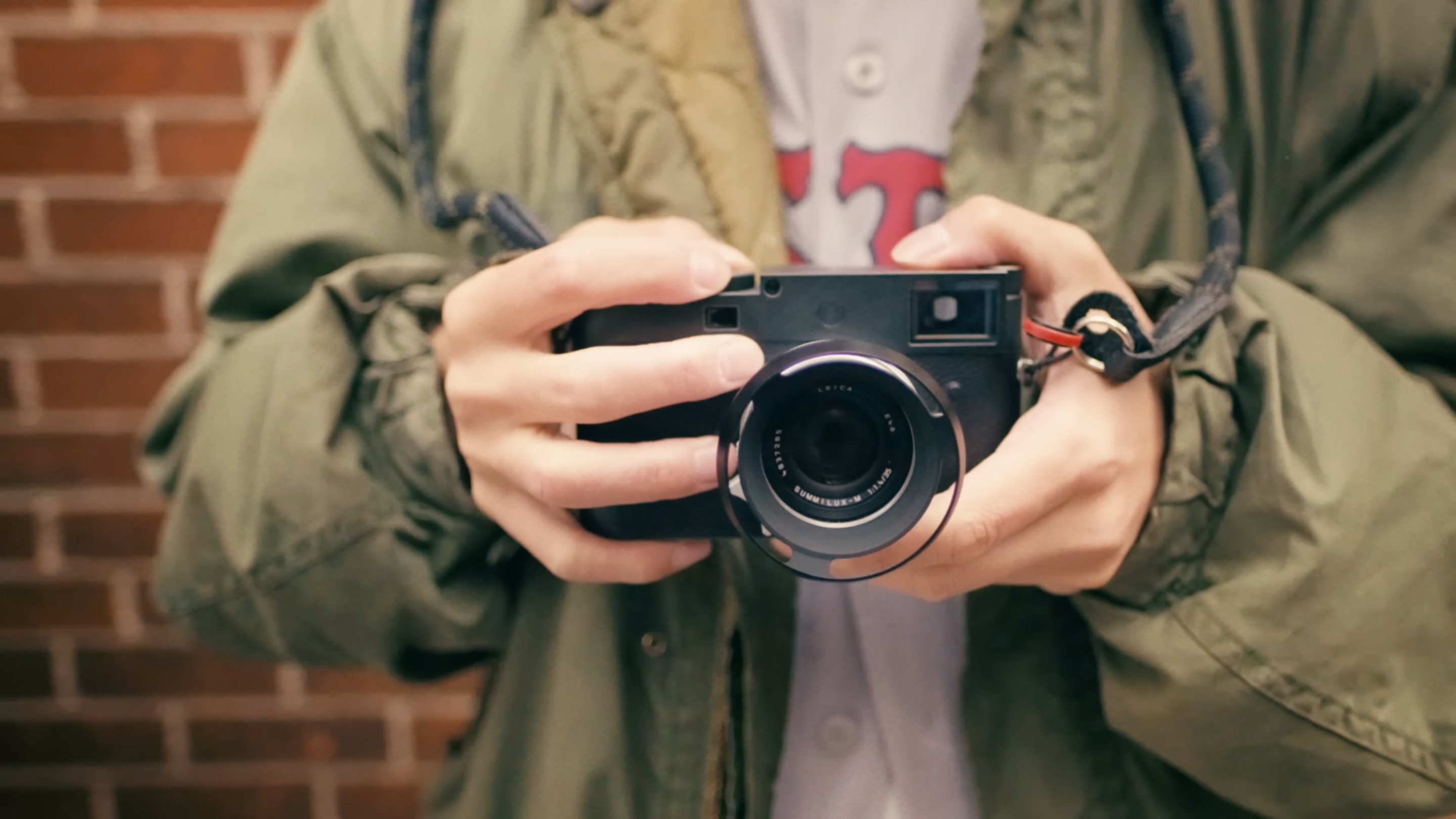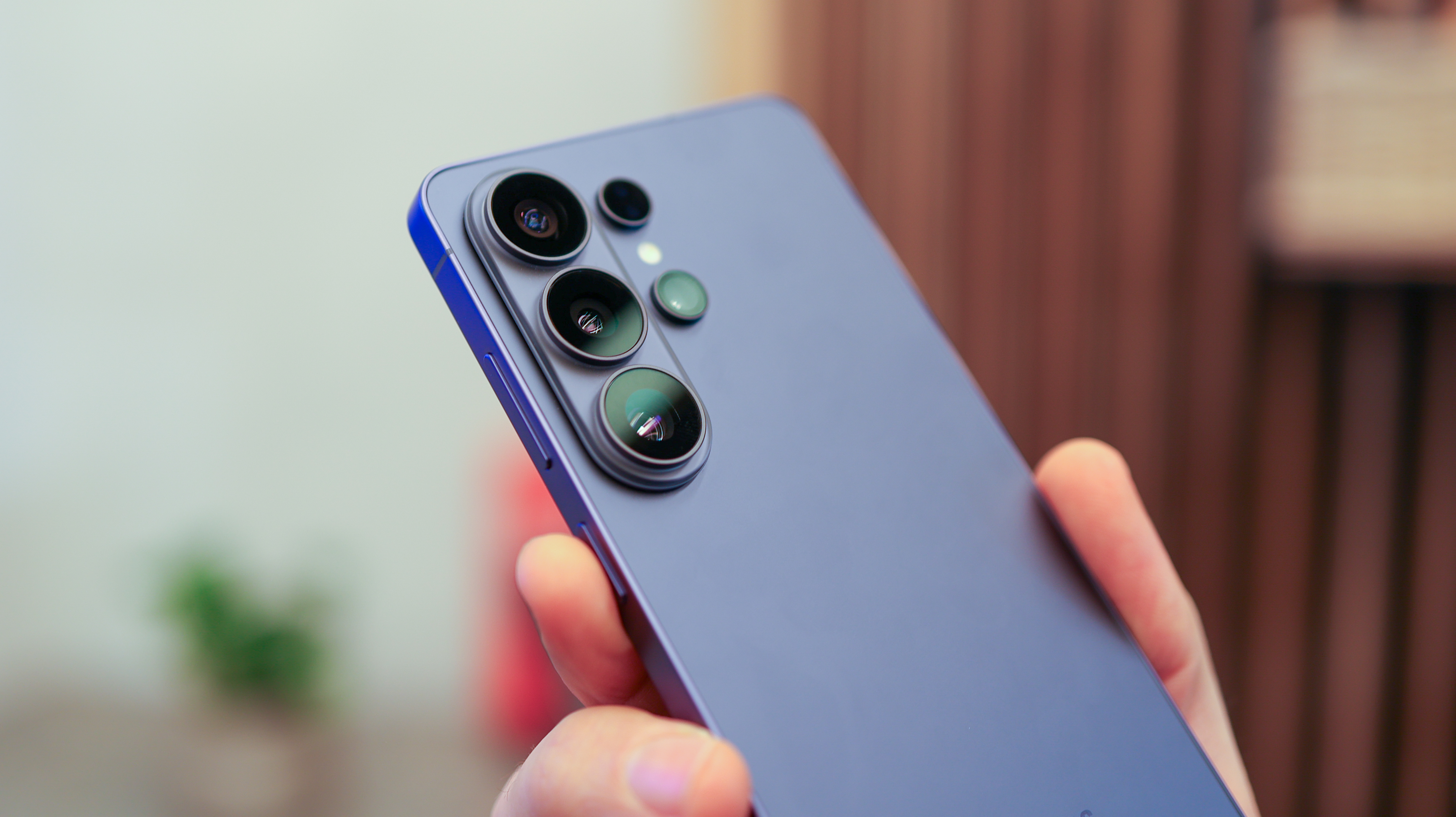These 5 Japanese philosophies changed the way I approach street photography
I highly recommend that street photographers watch this YouTube video by Toshiki Yukawa

The best camera deals, reviews, product advice, and unmissable photography news, direct to your inbox!
You are now subscribed
Your newsletter sign-up was successful
Like many of us, I occasionally let the YouTube algorithm lead me down a rabbit hole. Most of the time I pass over what it throws at me, but recently it suggested something that stayed with me.
The video was by Toshiki Yukawa, a Japanese street photographer whose channel I hadn’t come across before. The title was 5 Japanese Philosophies to Improve Your Photography.
After having spent time recently writing about the likes of Daido Moriyama and further exploring the approach of Are, Bure, Boke, I was curious. I clicked. And I’m glad I did.
ABOVE: Watch the video
This wasn’t a video about gear, settings, or technical mastery. It was about mindset. The intangible stuff. Yukawa takes five traditional Japanese philosophies – life principles, really – and threads them into the way he works as a street photographer.
It felt like the kind of teaching we rarely get in the West: quiet, rooted and concerned more with intention than outcome.
The five philosophies he explores are:
The best camera deals, reviews, product advice, and unmissable photography news, direct to your inbox!
- Kaizen – Change for the better
- Suki koso mono no jouzu nare – If you like it, you will do it well
- Nana korobi ya oki – Fall down seven times, get up eight
- Ichi go ichi e – One time, one meeting
- Juu nin to iro – Ten people, ten colors
Each of them resonated with me in different ways, but I won’t break them all down here; that’s something better experienced firsthand. I’d encourage you to watch Yukawa’s video yourself, as he explains each one with calm clarity and the kind of perspective that only comes from walking the streets with a camera and an open mind.
One philosophy in particular that stood out, however, was suki koso mono no jouzu nare: if you like it, you will do it well.
It sounds simple, almost obvious, but it carries something profound. The idea is that if you genuinely enjoy the photos you make, if you like the way you see and the way your images feel, you’ll keep going.
You’ll improve not through external validation but through internal curiosity. Over time, you’ll find your unique voice/style, not by trying to mimic others, but by paying attention to what draws you in and staying with it.
In an era when photography often feels like an algorithmic performance, this way of working feels like a quiet rebellion. Make work you like. Follow what feels good. That’s enough.
Yukawa puts it simply: "The best way to get better at photography is to like your photos and keep shooting."
It’s not a tip you’ll find in most how-to guides, but I think it should be. I’d encourage anyone to check out his video and his channel, which is full of reflective gems on the why of making photographs, not just the how.
you may also like…
If you liked this video, you may also like Ted Forbes' new how-to book Visually Speaking, and if you liked the look of hitting the streets with your camera, check out our guides to the best cameras for street photography and the best lenses for street photography.

Kalum is a photographer, photo editor, and writer with over a decade of experience in visual storytelling. With a strong focus on photography books, curation, and editing, he blends a deep understanding of both contemporary and historical works.
Alongside his creative projects, Kalum writes about photography and filmmaking, interviewing industry professionals, showcasing emerging talent, and offering in-depth analysis of the art form. His work highlights the power of visual storytelling.
You must confirm your public display name before commenting
Please logout and then login again, you will then be prompted to enter your display name.


